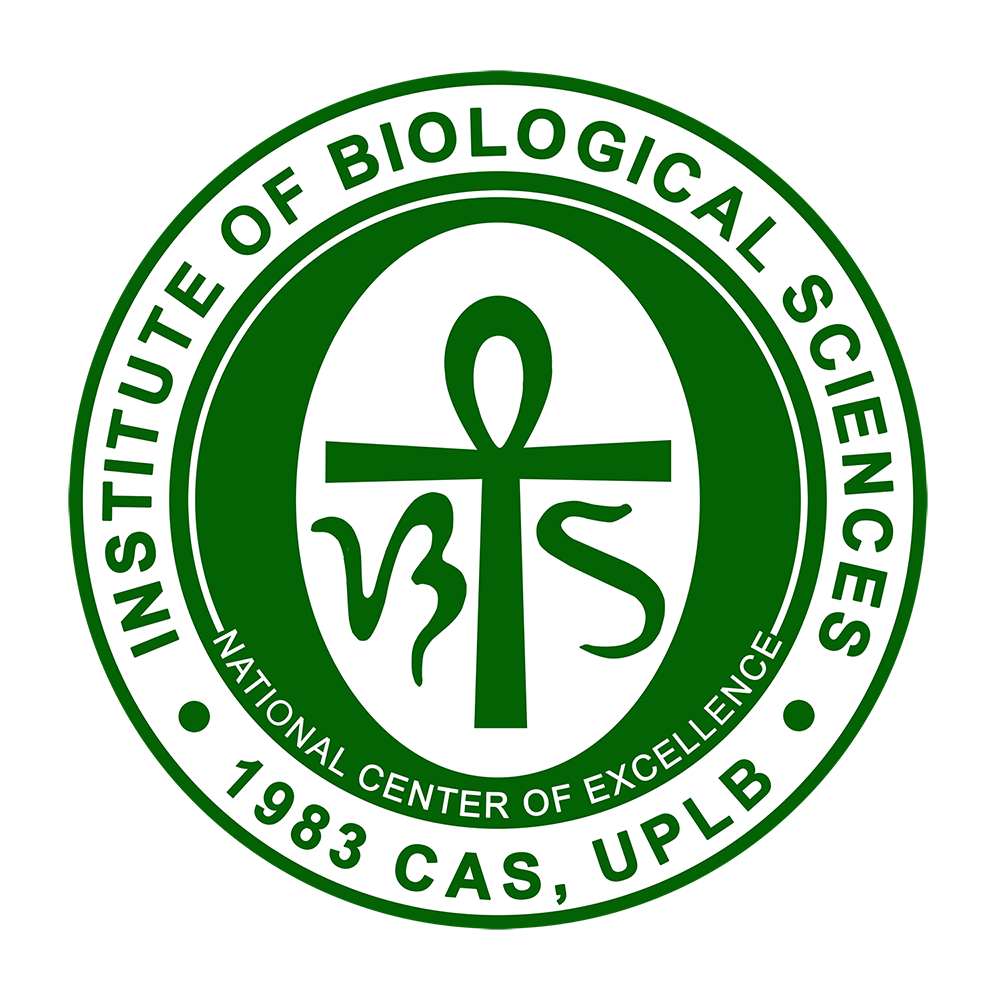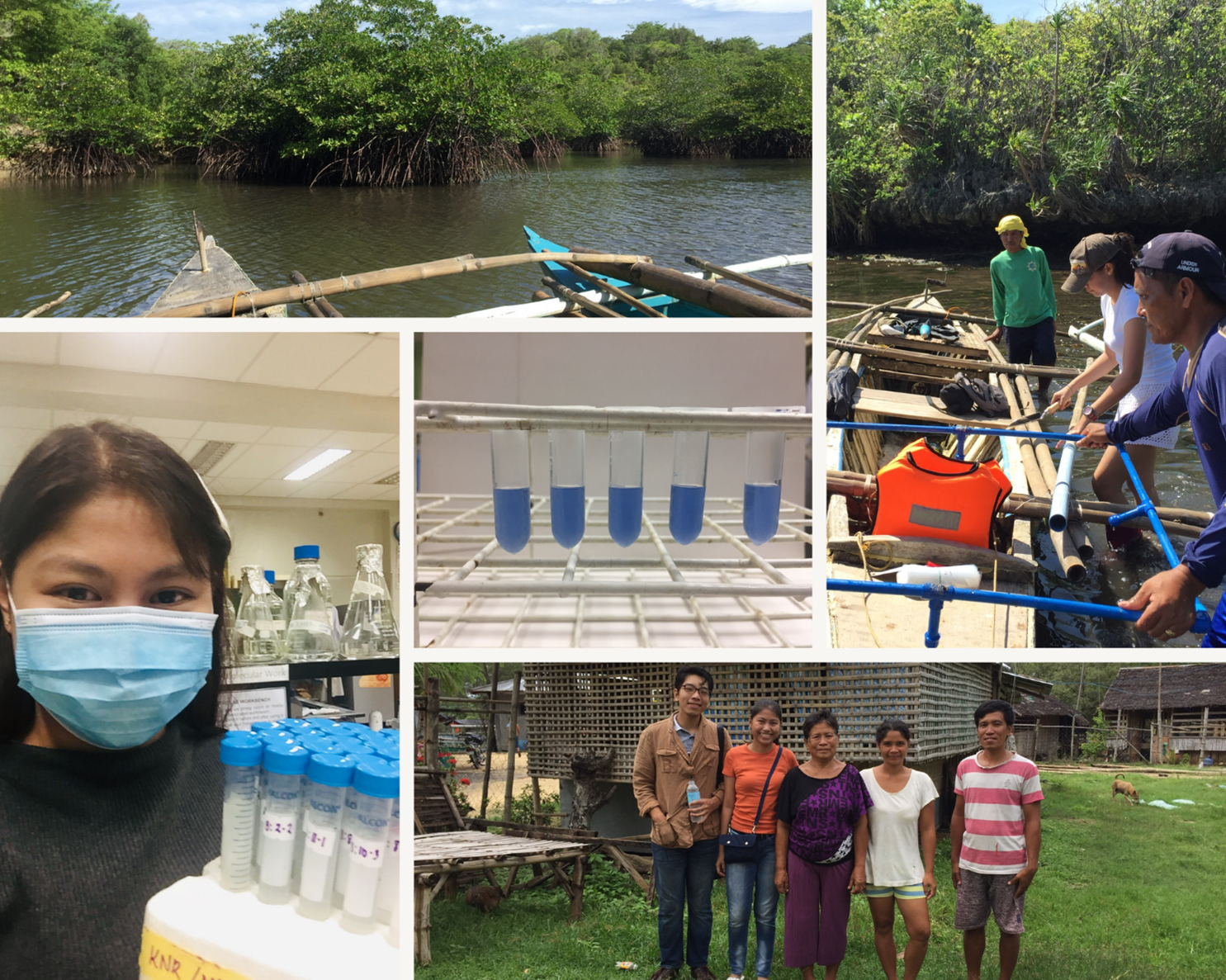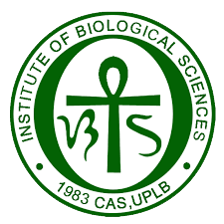Photo: Kiara Nicole D. Rodriguez
Identifying microbes that can be used for bioremediation in areas affected by oil spills
Guimaras Island had suffered one of the worst oil spills in the country on August 11, 2006, which deposited about 350,000 tons of fuel oil in the island and surrounding islets. Studies that utilized metagenomic analyses proved that oil spills resulted to the “bloom” of hydrocarbon-degrading microbial species. Up to this day, no published information is available as to the microbial community structure in the oil spill-affected areas in Guimaras. These hydrocarbon-degrading microorganisms have potential use for bioremediation of similarly contaminated substrates.
The general objective of this study is to characterize the members of the hydrocarbon-degrading microbial consortia enriched from Guimaras Island. Specific objectives include (i) enriching for hydrocarbon-degrading microbial consortia; (ii) evaluate the percent degradation of the tested hydrocarbons against the enriched microbial consortia via 2,6-DCPIP assay; and (iii) perform 16s rRNA gene sequencing (metataxonomics) and bioinformatic analysis to determine the OTUs in the hydrocarbon-degrading microbial consortia.
Thirty-two hydrocarbon-degrading microbial consortia were successfully enriched from the soil samples in Guimaras and were then subjected to 2,6-DCPIP assay. Four of these consortia were sent out to Macrogen Korea for 16s rRNA gene sequencing.
Keywords: Oil spill, alkane, consortia, hydrocarbons, sequencing, metataxonomics, bioinformatics, bioremediation, OTU
Rina B. Opulencia (Study Leader)
–


